Self-help program
Date
Jan 20, 2025
Author
Rik Renard
Situation
Self-help programs are supposed to guide patients through tough times, but instead, they often feel generic and disconnected. Clinicians can’t see what’s being sent or why, so they’re left guessing what their patients have already seen.
Complication
The problem runs deeper: these programs are hard-coded into systems, making them nearly impossible to improve. Every tweak requires engineers to dive into brittle code, afraid they’ll break something. So nothing changes. Patients get one-size-fits-all support that doesn’t adapt to their journey. Clinicians can’t validate or refine what’s working. And engineers are stuck patching problems instead of building better solutions.
Resolution
Care teams use Awell’s low-code technology to take control of self-help programs, designing workflows that actually meet their patients’ needs—no coding required. Clinicians set the rules, decide what content goes out and when, and can track every step on a clear, transparent timeline.
For patients, the experience feels seamless. Everything runs through the app they’re already familiar with, perfectly tailored to reflect their needs and branding. Meanwhile, engineering teams step away from the complexity of hard-coded systems and focus on driving innovation where it matters most.
Clinicians gain full control over self-help programs. Patients receive the right support at the right time. And organizations deliver truly personalized care journeys—without the black box.
Disclaimer: Each flow belongs to, and is configured by, an Awell customer. Awell supplies the underlying builder platform only; we do not provide clinical content or clinical decision-making logic.
Back






















